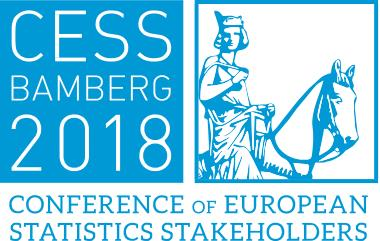The City Council of Helsinki approved the Helsinki City Strategy in September 2017 [1]. It sets the outlines city development in the years 2017-2021. The Strategy’s vision is ambitious: Helsinki wants to be “the most functional city in the world”.
The content of the vision is comprehensive. It includes themes such as securing sustainable growth, developing services, responsible management of finances as well as a faster and more agile organisational culture with continuous development of the city’s own operations and practices. All these objectives request a solid base of statistical information but at the same time they challenge the existing statistics and information base of the city.
In this abstract I will discuss the growing demand for urban statistics, and especially versatile urban statistics for facilitating well informed decision making of the city authorities. I will study these issues from the perspective of the city of Helsinki. The key questions are what kind of statistical information the city needs to reach the objectives set out in the City Strategy, what kind of challenges the new needs will bring to the current statistical information base and how to develop the existing statistics in order to meet the challenges.
